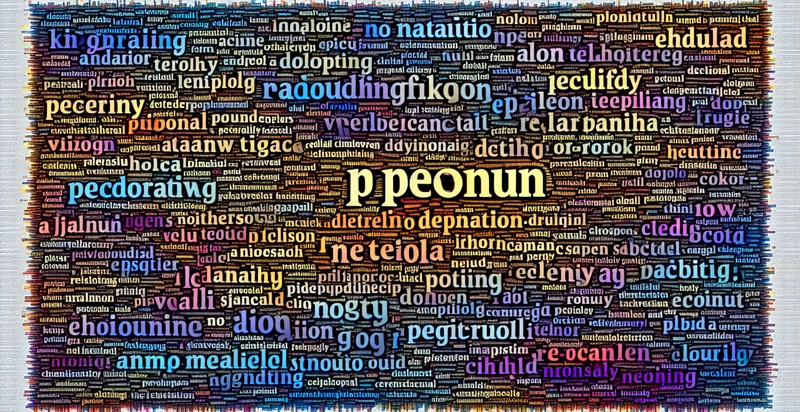Identify if a text contains a possessive noun
using AI
Below is a free classifier to identify if a text contains a possessive noun. Just input your text, and our AI will predict if it contains a possessive noun - in just seconds.

Contact us for API access
Or, use Nyckel to build highly-accurate custom classifiers in just minutes. No PhD required.
Get started
import nyckel
credentials = nyckel.Credentials("YOUR_CLIENT_ID", "YOUR_CLIENT_SECRET")
nyckel.invoke("if-a-text-contains-a-possessive-noun", "your_text_here", credentials)
fetch('https://www.nyckel.com/v1/functions/if-a-text-contains-a-possessive-noun/invoke', {
method: 'POST',
headers: {
'Authorization': 'Bearer ' + 'YOUR_BEARER_TOKEN',
'Content-Type': 'application/json',
},
body: JSON.stringify(
{"data": "your_text_here"}
)
})
.then(response => response.json())
.then(data => console.log(data));
curl -X POST \
-H "Content-Type: application/json" \
-H "Authorization: Bearer YOUR_BEARER_TOKEN" \
-d '{"data": "your_text_here"}' \
https://www.nyckel.com/v1/functions/if-a-text-contains-a-possessive-noun/invoke
How this classifier works
To start, input the text that you'd like analyzed. Our AI tool will then predict if it contains a possessive noun.
This pretrained text model uses a Nyckel-created dataset and has 2 labels, including Contains Possessive Noun and Does Not Contain Possessive Noun.
We'll also show a confidence score (the higher the number, the more confident the AI model is around if it contains a possessive noun).
Whether you're just curious or building if a text contains a possessive noun detection into your application, we hope our classifier proves helpful.
Related Classifiers
Need to identify if a text contains a possessive noun at scale?
Get API or Zapier access to this classifier for free. It's perfect for:
- Customer Feedback Analysis: This function can identify possessive nouns in customer feedback to determine ownership or association with specific products or services. By analyzing possessive nouns, companies can uncover customer sentiments related to their brand, helping to tailor marketing strategies or product improvements.
- Social Media Sentiment Tracking: Social media posts frequently contain possessive language when expressing opinions about brands or products. Identifying these expressions allows marketers to track brand perception and customer loyalty, giving them insights into social trends or potential crises.
- Competitive Analysis: Businesses can use this classification function to examine possessive phrases in competitor-related content. By understanding how customers reference competitors’ products, companies can develop strategies to differentiate their offerings and address potential gaps.
- Legal Document Review: In legal settings, identifying possessive nouns in contracts or formal agreements can be crucial for determining ownership and responsibility. This function can aid legal teams in quickly assessing documents to ensure clarity and compliance in agreements.
- Content Personalization: E-commerce platforms can utilize possessive noun identification to create personalized shopping experiences. By recognizing items that customers express ownership over or preference for, targeted marketing campaigns can be developed to resonate more with individual customer needs.
- Academic Research: Researchers studying language patterns may benefit from this text classification function to analyze how possessive nouns reflect relationships or themes in literature. It helps in conducting quantitative analyses of texts, enhancing the understanding of possessive language in different contexts.
- Chatbot Enhancement: Integrating this function into chatbot systems can improve user experience by allowing bots to understand and respond more effectively to user ownership claims. By recognizing possessive nouns, chatbots can provide more accurate and contextually relevant responses in customer service scenarios.


